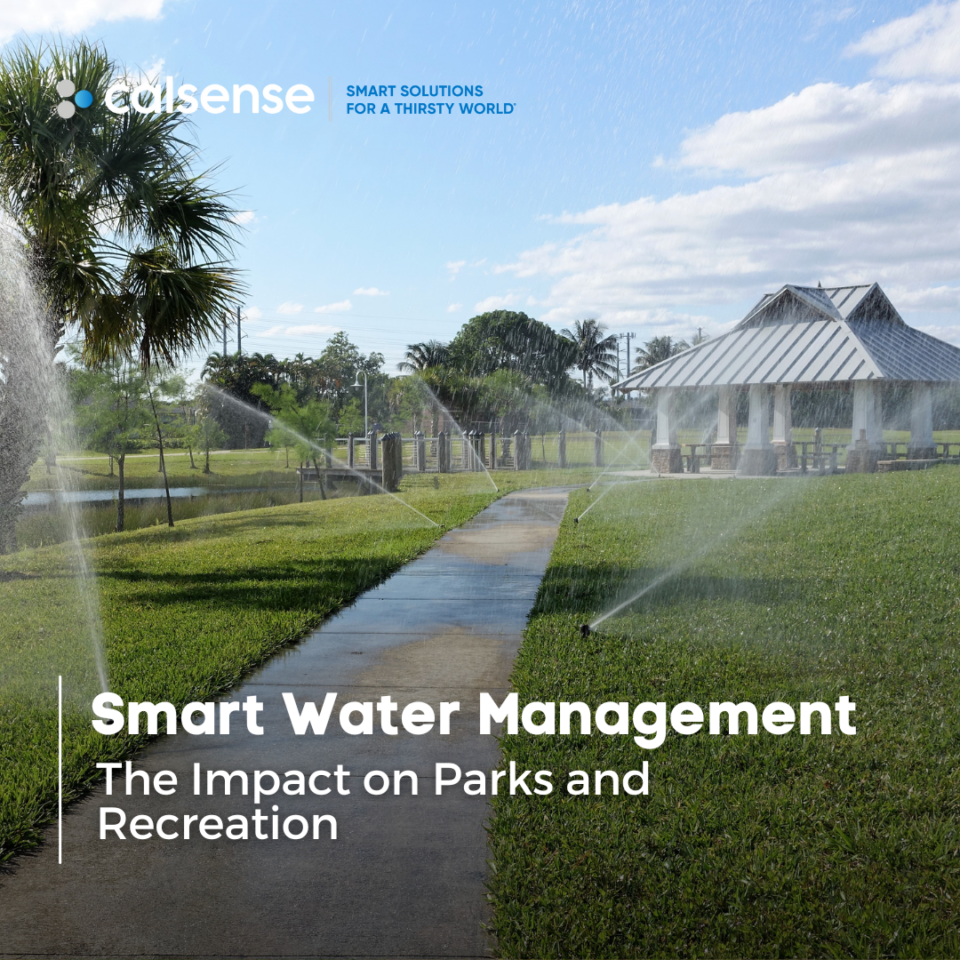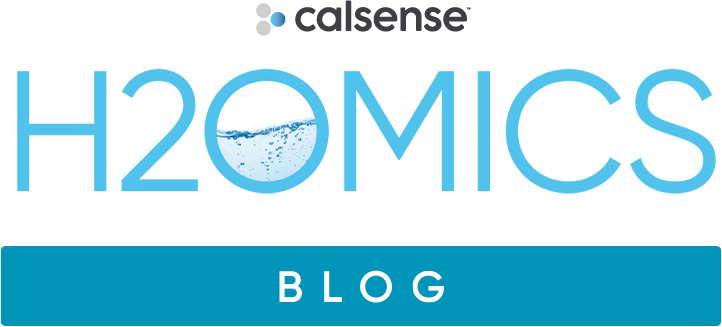Smart Water Management: The Impact on Parks and Recreation
May 16, 2024

Parks and recreational areas are fundamental to communities, offering spaces for relaxation, exercise, and social interaction. However, maintaining these green spaces comes with significant challenges, especially in regions where water resources are limited or subject to strict conservation measures. This is where smart water management solutions, play a crucial role in ensuring the sustainability and vitality of parks and recreation facilities.
Water Conservation
One of the primary benefits of implementing smart water management systems like Calsense controllers and software is the conservation of water. These systems utilize advanced technology to optimize irrigation schedules based on real-time data such as weather conditions, soil moisture levels, and plant water requirements. By precisely delivering water when and where it is needed most, parks can significantly reduce water waste and achieve substantial savings in water usage.
Cost Savings
In addition to conserving water, smart controllers contribute to significant cost savings for parks and recreation departments. By automating irrigation processes and eliminating inefficiencies, such as overwatering or watering during rain events, these systems help reduce water bills and operational expenses. Furthermore, the ability to monitor and control irrigation remotely empowers staff to make informed decisions and respond quickly to changing conditions, further enhancing cost-effectiveness.
Efficient Maintenance
Maintaining parks and recreational areas involves more than just watering plants. It requires careful planning and management of resources to ensure optimal growth, health, and aesthetics. For example, Calsense controllers and software streamline maintenance efforts by providing comprehensive data and analytics. This includes tracking water usage, identifying potential issues such as leaks or malfunctions, and generating reports for performance evaluation and compliance purposes. With better visibility and control over irrigation systems, park managers can allocate resources more efficiently, prioritize tasks, and achieve superior results with less effort.
Environmental Sustainability
Beyond the immediate benefits to parks and recreation facilities, smart water management contributes to broader environmental sustainability goals. By reducing water consumption, parks can lessen their impact on local water sources and ecosystems. Moreover, promoting efficient irrigation practices aligns with conservation initiatives and demonstrates a commitment to responsible stewardship of natural resources. These efforts not only benefit the environment but also enhance the overall quality of life for communities by preserving green spaces for future generations to enjoy.
In conclusion, smart water management solutions like those offered by Calsense play a pivotal role in enhancing the sustainability, cost-effectiveness, and efficiency of parks and recreational areas. By leveraging advanced technology, data-driven insights, and remote control capabilities, these systems empower organizations to conserve water, save costs, streamline maintenance, and contribute to environmental sustainability efforts. As communities strive to create and maintain vibrant outdoor spaces, investing in smart water management becomes not just a choice but a necessity for long-term success and resilience.
